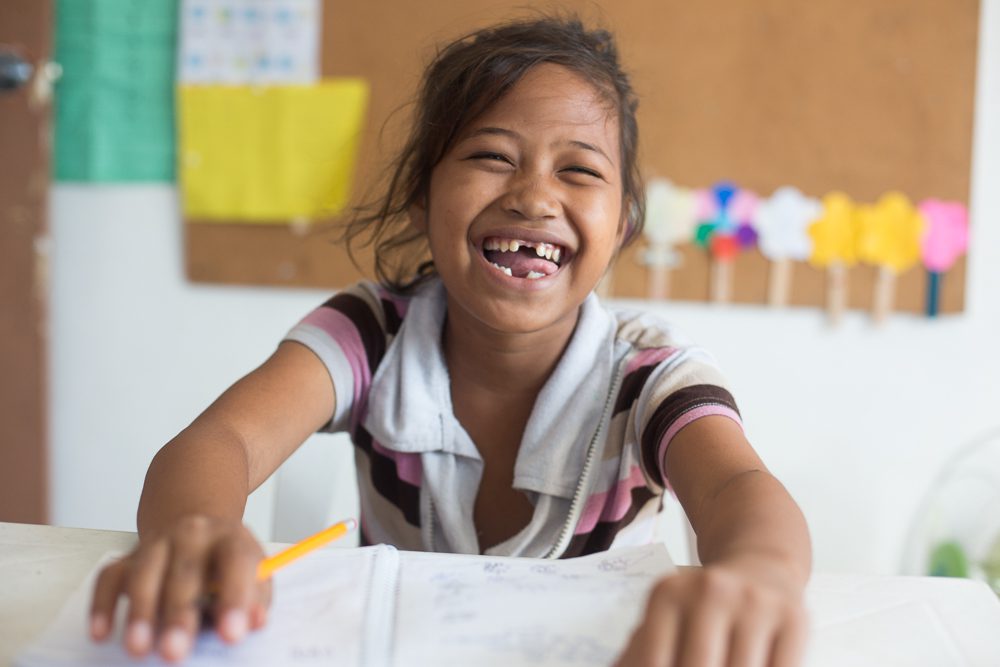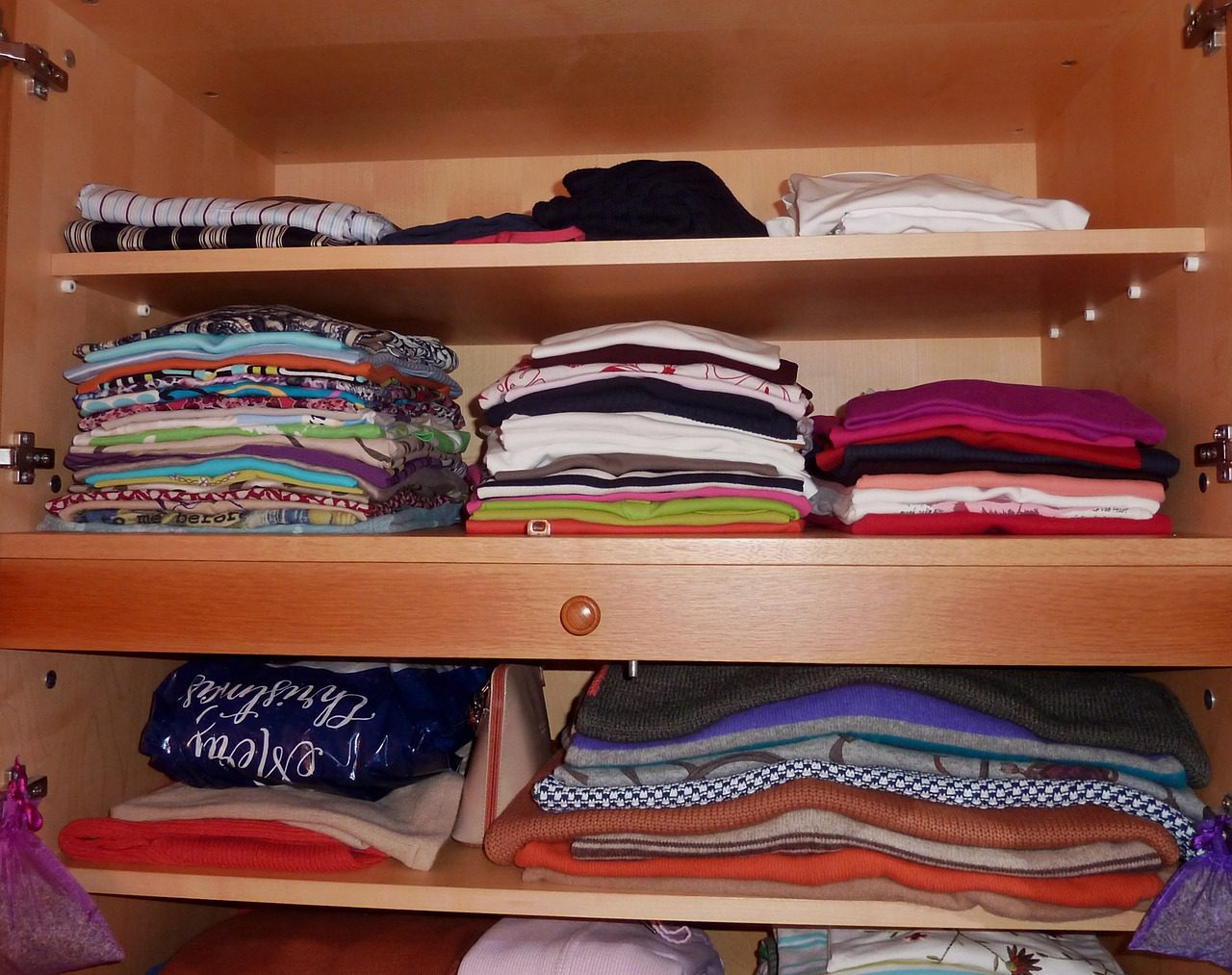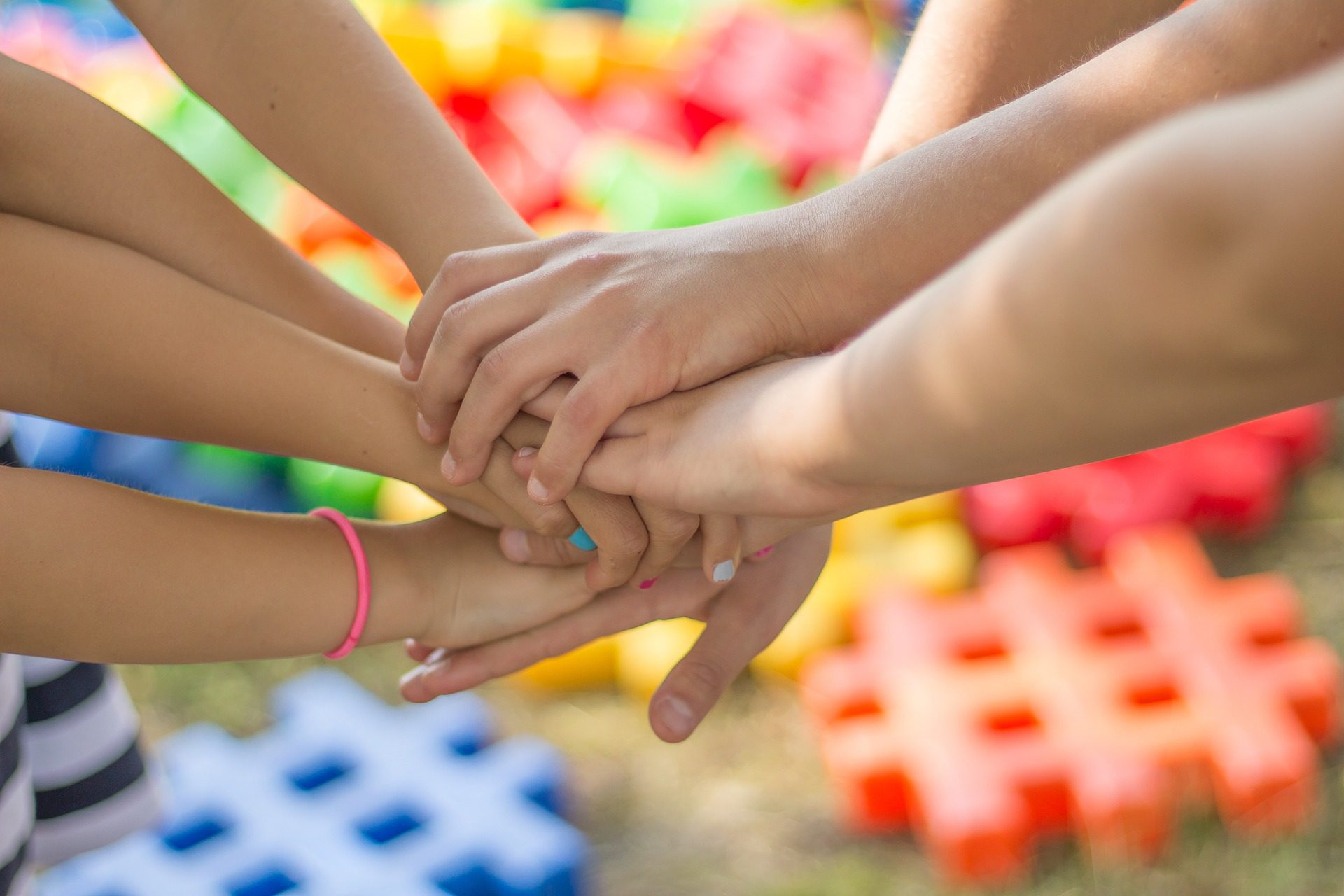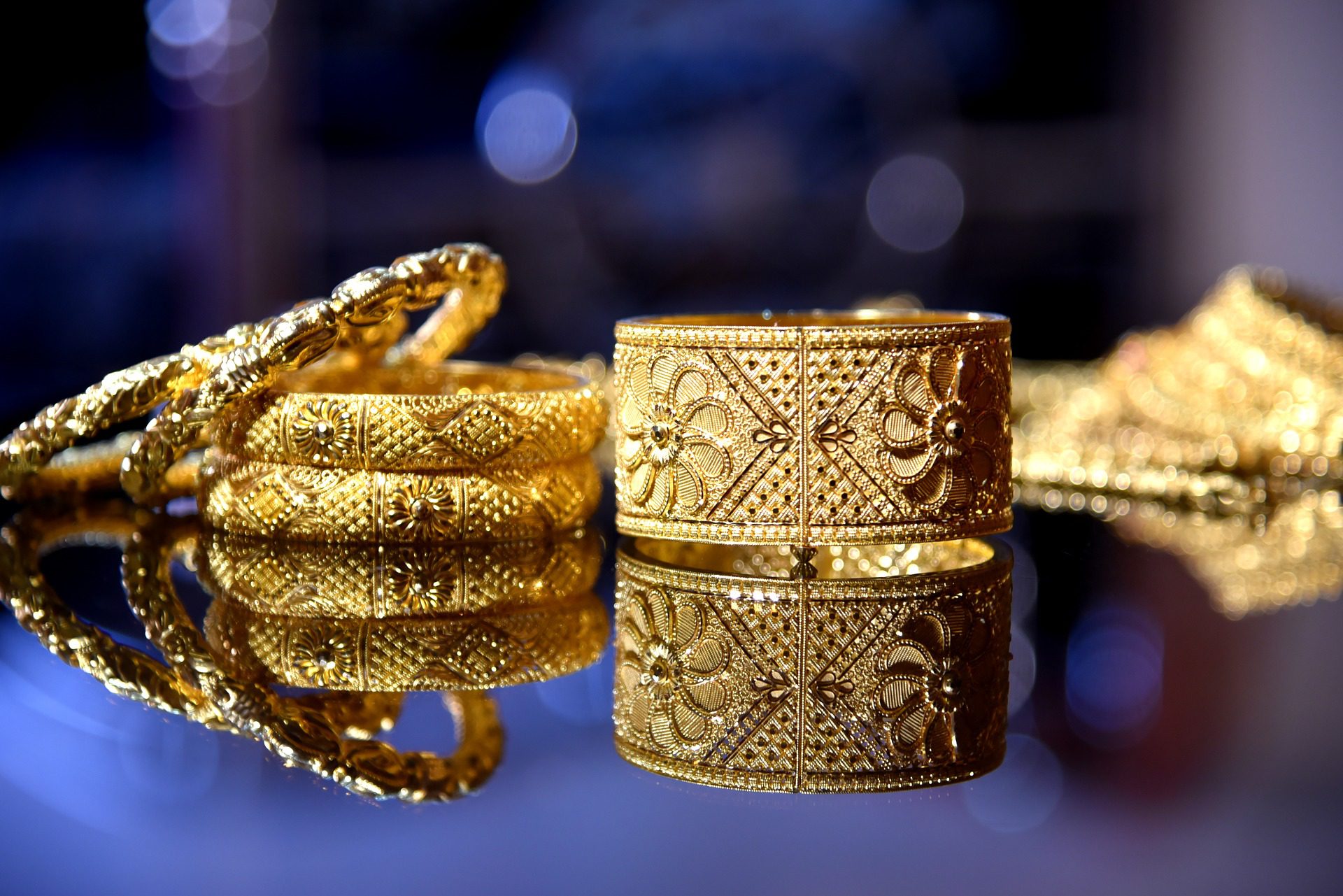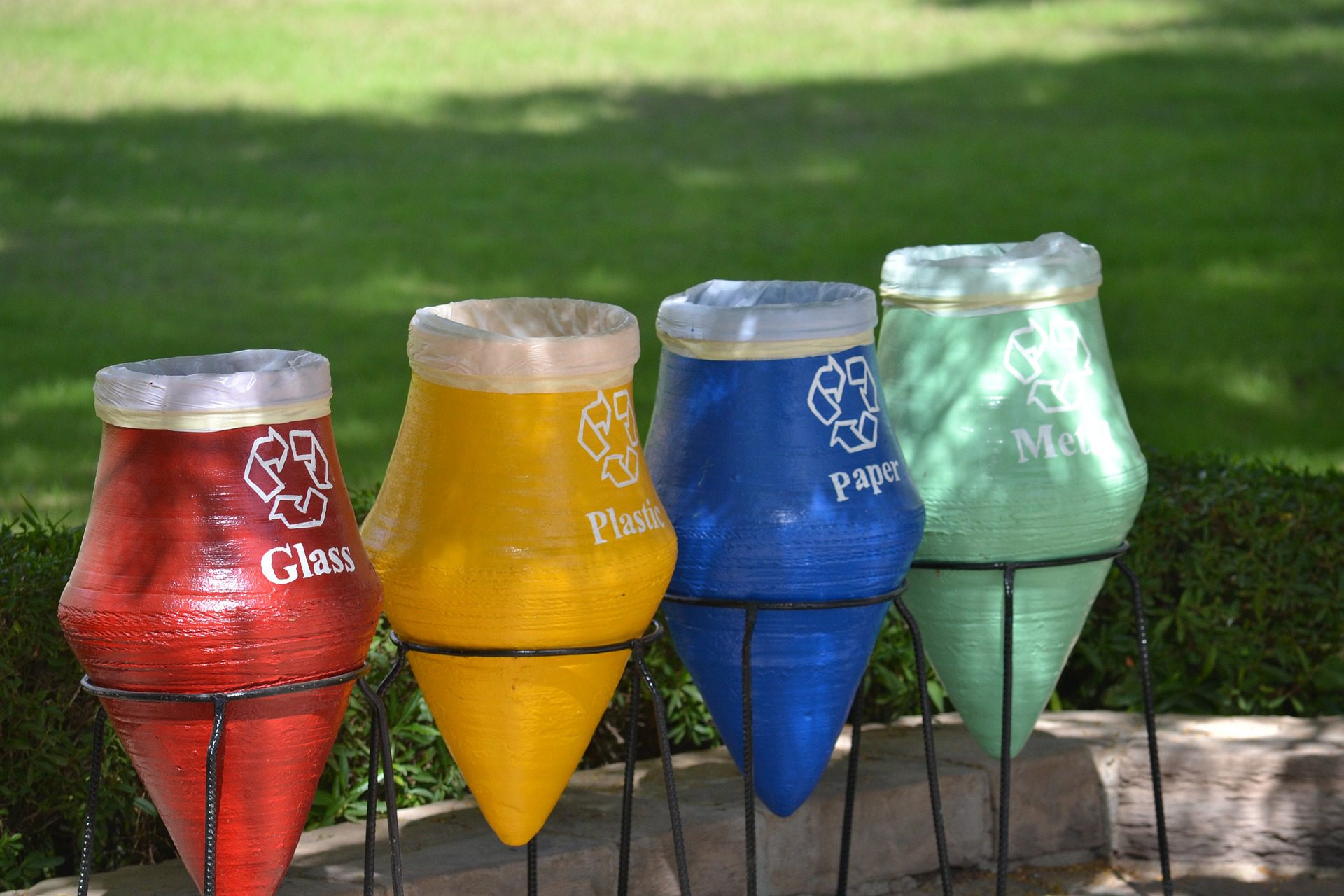
Recycling is a great way to do your bit for the environment. It’s also a great way to declutter, and therefore increase your productivity, and feel better in your home or workspace. But, recycling with Poverty Child does more. Not only do you reap these benefits, but you also get to make a difference to children subject to poverty in the developing world. You don’t even have to make a cash donation directly from your pocket. The unwanted goods you send to us generate funds for our projects. Making a difference has never been easier. If you need a clear out, want to declutter, or simply want to join us in creating change, here’s a few reasons to recycle with us:
1. It’s incredibly easy to recycle
By using our recycling initiative, you can donate a wide range of unwanted goods. You can clear out your home, or even your workspace, and donate most of the unwanted items you stumble across. We accept stamps, gadgets, clothes, currency, jewellery, ink cartridges, and cars. Of course, some items are worth more than others, but in our mission to save children in the developing world from the cycle of poverty, we are grateful for anything you can donate. Every penny that is generated from your recycled goods can contribute towards making a big difference.
Not only can you recycle many items with us but getting the goods to us is a very easy process. If your goods weigh less than 10kg, you can send them to us using our recycle labels that you can request on our website. If they weigh over 10kg, we can arrange for your items to be collected at a convenient time for you. Recycling with Poverty Child can be just as easy, if not easier, than the process of ordinary recycling. Yet by using our initiative, not only are you contributing towards looking out for the environment, but you’re making a valuable contribution to our missions. Recycling with us is an easy way to clear out, raise money, and do something valuable for our environment.
2. It’s the perfect way to declutter
Getting involved in our recycling initiative is the perfect way to declutter your space, whether that’s your work environment or your home. Decluttering has become a popular phenomenon recently, especially with the interest in Marie Kondo and her Netflix series. So, we’ve made it easy for you to declutter and raise funds for our projects at the same time. You could even team up with friends, family, colleagues, or neighbourhoods to organise a big clear-out. The more people that take part, the more unwanted goods there’ll be. Then, the more funds we will raise to continue our mission to provide life-changing support to vulnerable children.
Decluttering with our programme doesn’t just help those children or the environment – it also helps you. Clearing your space of unwanted items will help you to feel cleansed and refreshed. It has been proven that decluttering can improve your focus on goals, concentration, mood, creativity, and sleep quality. It’s also a perfect way to let go of the past if there’s items you still have from a chapter of your life you need to move on from. Evidently, it can improve your life and your productivity. If it’s about time you had a clear out, go for it – use our easy-to-use recycling initiative and feel the benefits. Not only will you feel good about clearing out, you’ll feel rewarded by doing so, knowing you’ve created valuable funds for our projects. You’ll be making a real difference.
Decluttering doesn’t have to be hard or tedious. We’ve created an article all about how to declutter your home in the most engaging way possible, with the help of Marie Kondo’s tips and tricks. Follow our steps and your space will be decluttered in no time.
3. You can use us as your charity for programmes you’re taking part in
If you need to pick a charity for a programme you’re taking part in, you can use our recycling initiative to raise awareness, raise funds, and bring people together for a common purpose. You can take our recycling programme in whichever direction you like – you can get creative, or even competitive!
You can use our charity in the workplace if your company is looking to support a charity in some way. You can use us to promote a relevant cause, such as sustainability, or to support an annual awareness day. Whatever your reason, recycling in the workplace can help your colleagues declutter their space and improve their productivity. If corporate volunteering is possible, you may want to consider using our recycling initiative as your charity of choice. You can read more on our blog about working with us to recycle in the workplace.
If you’re a student, you may want to use Poverty Child for similar reasons like on awareness days and to promote a goal of the university. You could recycle within your accommodation or make it a university-wide project in which students bring their unwanted items to a collection point. Check out our suggestions on how to recycle as a student.
You can also use our recycling initiative as a part of the NCS programme. In phase three, you’re required to take on a social project. We can assist you with this if you were to select Poverty Child, providing you with any materials or guidance you may need. With our recycling initiative you’ll be helping your local community, vulnerable children, and the environment for phase three. You can read more about our ideas for phase three of National Citizen Service.
4. You get to make a positive impact on the lives of vulnerable children
We strive to give every child we work with recognition, nutrition, wellbeing, and security. We achieve this by providing safe spaces and support including clinics, street schools, outreach services and foster care. The funds generated from your recycling may go towards these services, or the research and data collection that is needed to inform our projects. Either way, by recycling with us you get to be a part of our missions, making a real difference to the lives of many children that need help.
We give the maximum amount of funds possible directly to the projects and offer complete transparency on where these funds go. That’s why our website is full of articles dedicated to the details of our projects and the children we help. In relation to our recycling initiative in particular, you can find out more about how your recycling helps.
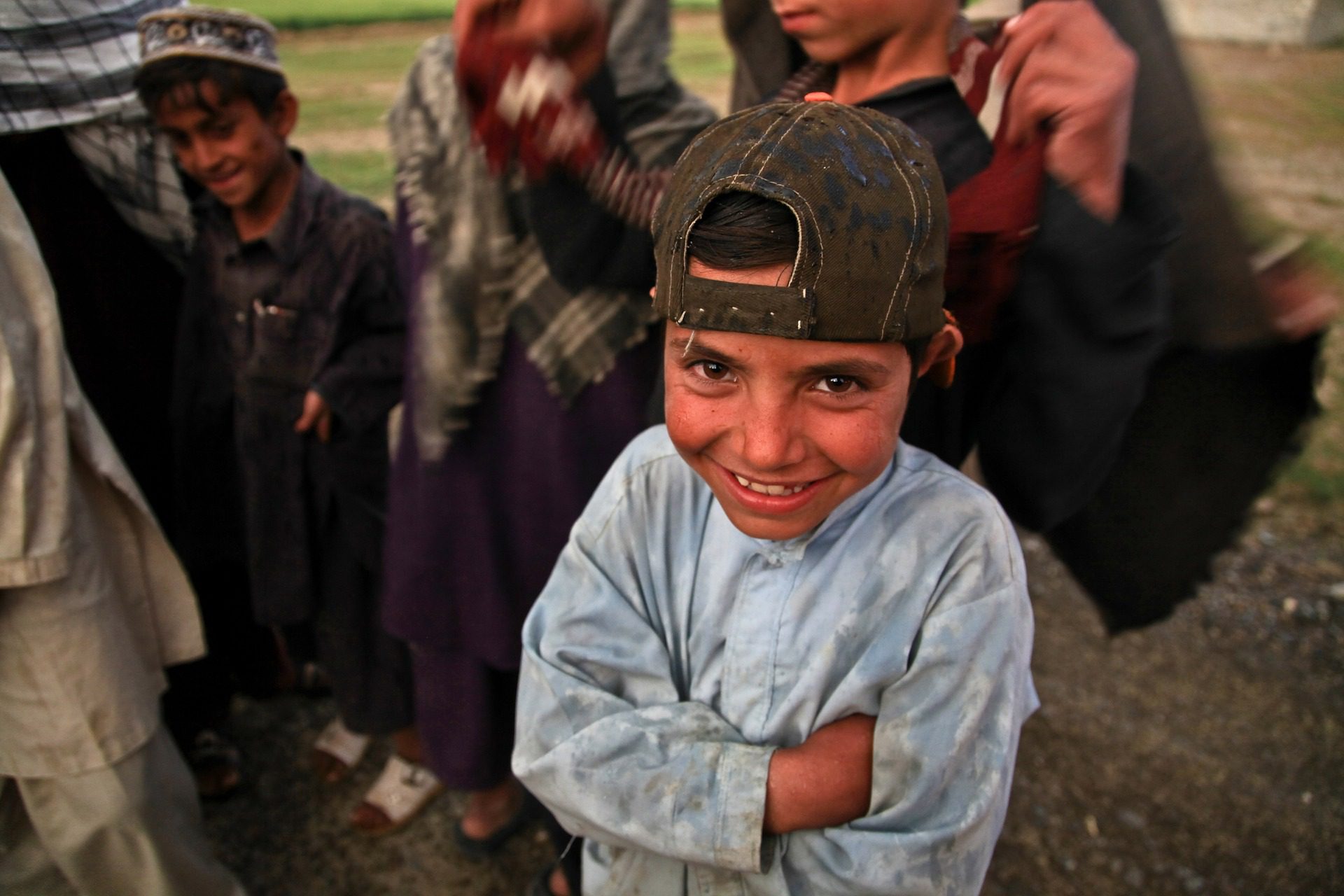

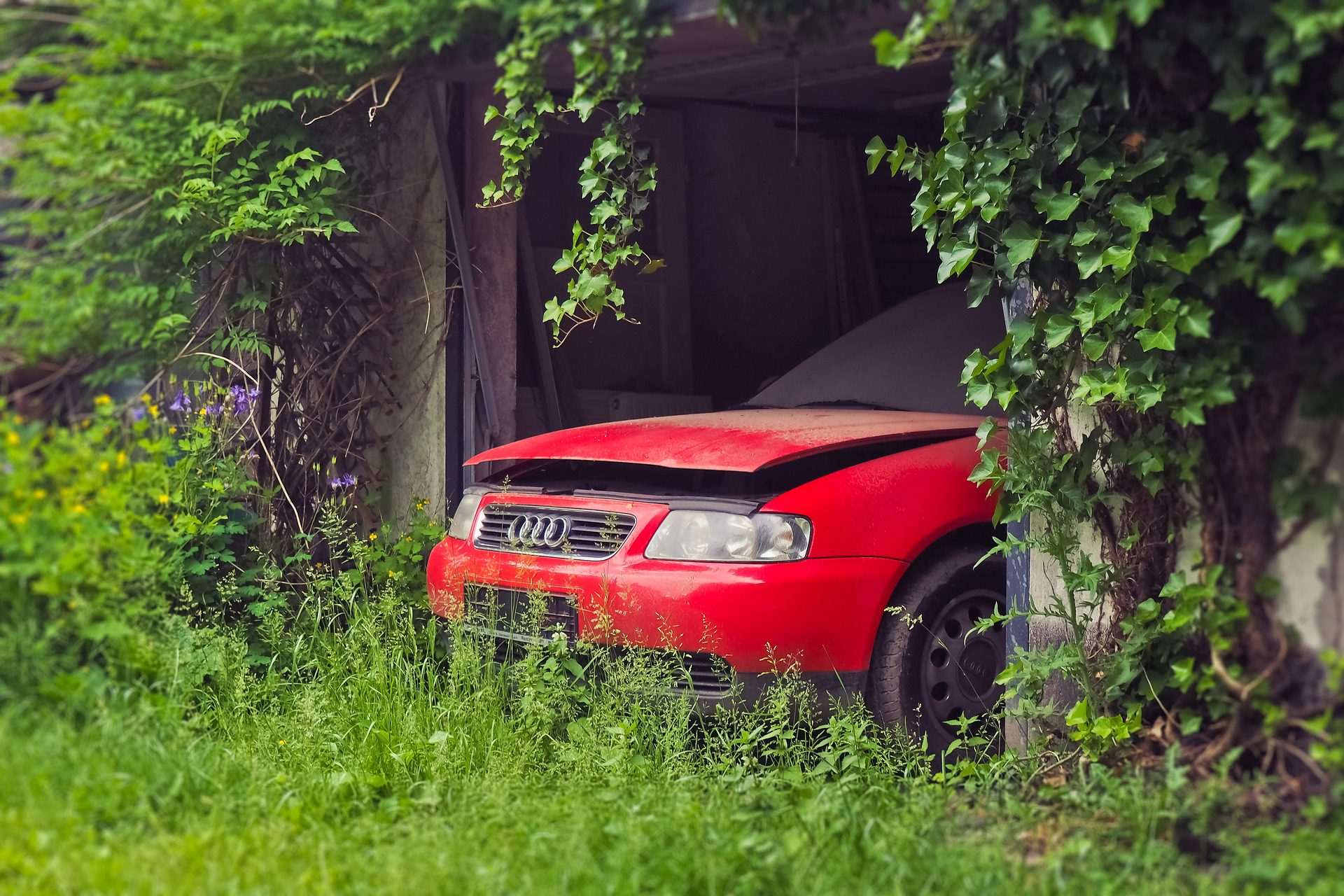
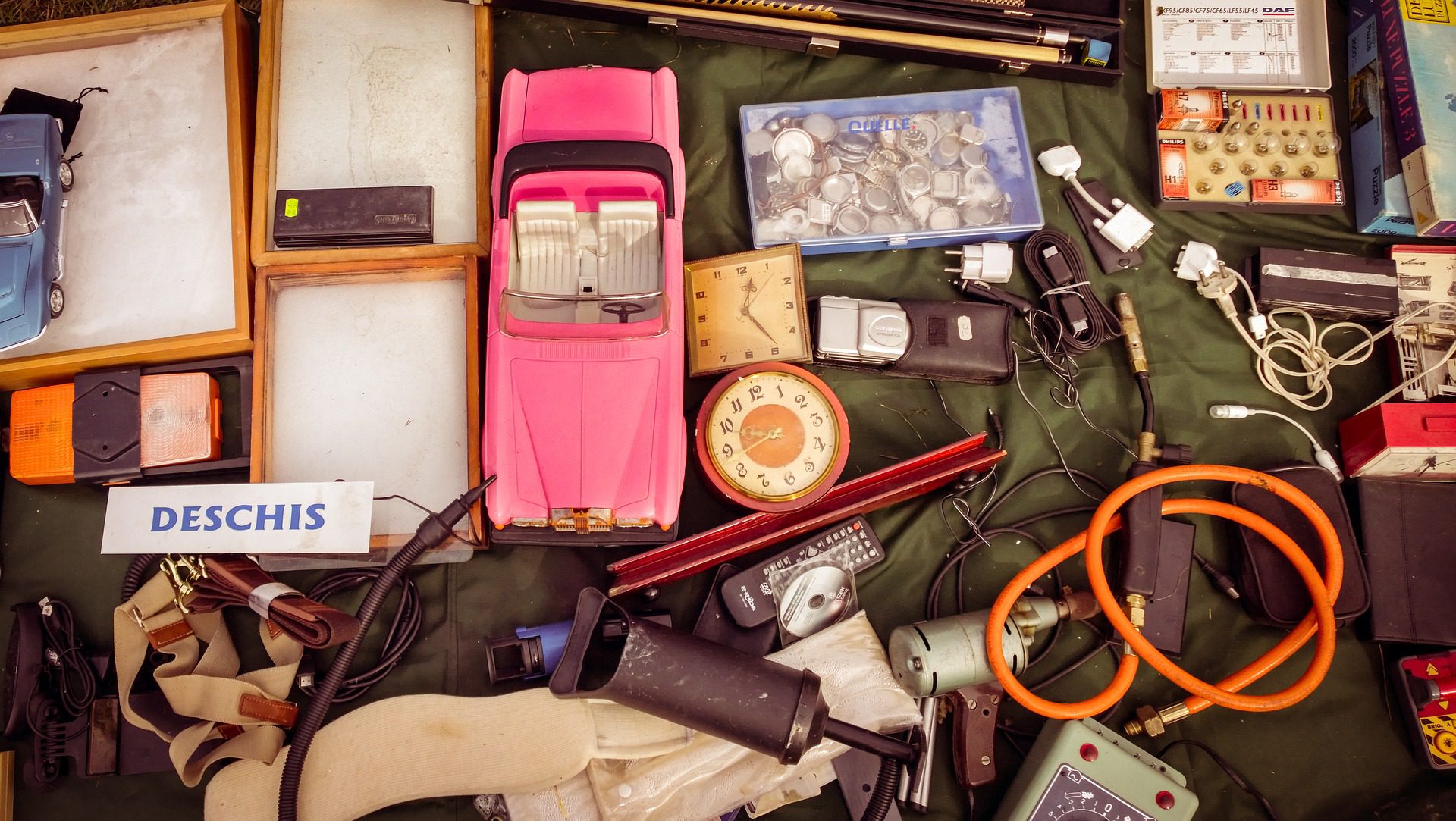
 As a student,
As a student,  Silva
Silva Ben
Ben Aline
Aline
